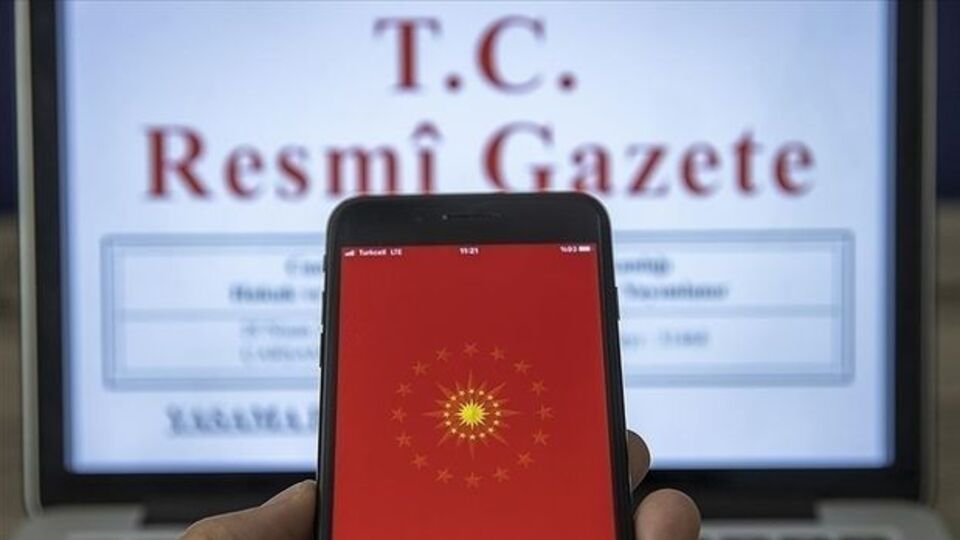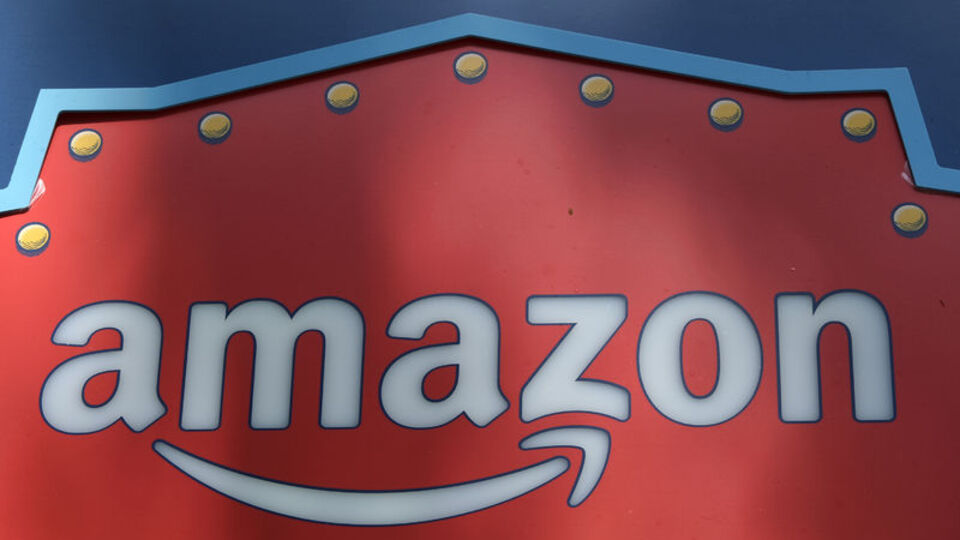
Asia-Pacific Luxury Car Market Maintains Its Leadership


Hyderabad, October 24, 2025 – The global luxury vehicle market is expected to reach a value of 567.65 billion USD in 2025 and 782.49 billion USD by 2030, according to Mordor Intelligence. The growth of this market is supported by increasing wealth in the Asia-Pacific region, the rise of electric flagship models, and a growing demand for environmentally friendly, personalized vehicles. While premium brands continue to gain an advantage in the market through methods such as digital services, customization, and direct sales, competition from Tesla and high-end players based in China is necessitating faster electrification and smarter retail strategies.
The leadership of the Asia-Pacific luxury vehicle market is particularly sustained by increasing demand in countries such as China and India. However, due to its sensitivity to financial fluctuations, global brands are adapting their local strategies accordingly. The Middle East continues to show strong momentum due to rising incomes and large-scale infrastructure projects. North America provides a stable contribution, while Europe continues to grow despite facing regulatory challenges, supported by a loyal customer base and increasing interest in high-quality electric SUVs.
Increased Focus on Vehicle Safety and Assistance Systems
Automakers are focusing on developing driver assistance and safety systems to meet growing consumer and regulatory expectations. Models like the Cadillac LYRIQ already offer hands-free driving in lanes and advanced braking systems. New European standards are establishing a higher baseline for vehicle safety across the market by mandating the implementation of technologies such as intelligent speed control and automatic emergency braking.
Rapid Proliferation of Electric Vehicles in Premium Segments
Electric vehicles have become a symbol of success for premium automotive manufacturers. Brands like Mercedes-Benz and BMW are expanding their electric vehicle lineups and charging networks, while ultra-luxury producers prefer to fine-tune their engine power while maintaining their brand identity. The future of luxury mobility will depend on how these brands integrate electrification with traditional craftsmanship, sound, and driving experiences.
Increasing Shift to Direct-to-Consumer and Online Retail
Luxury automobile manufacturers are turning to direct online sales, inspired by Tesla’s factory-to-customer approach. Brands have adopted digital platforms by offering transparent pricing, virtual showrooms, and personalized delivery experiences. This transformation enables manufacturers to strengthen customer relationships, streamline operations, and adapt to changing retail expectations in the luxury vehicle market.
Overview of Major Companies
Major companies such as Mercedes-Benz Group AG, BMW AG, Volkswagen Group, Toyota Motor Corporation (Lexus), Jaguar Land Rover Automotive PLC, Stellantis NV (Maserati, Alfa Romeo), Tesla Inc., Volvo Car Group, Hyundai Motor Group (Genesis), Nissan Motor Co. (Infiniti), and Geely Holding (Lotus, Zeekr) are active in this market, each continuing to make market moves across various segments.
```.png)
Yakında Tüm Platformlarda
Sizlere kesintisiz haber ve analizi en hızlı şekilde ulaştırmak için. Yakında tüm platformlarda...










.png)